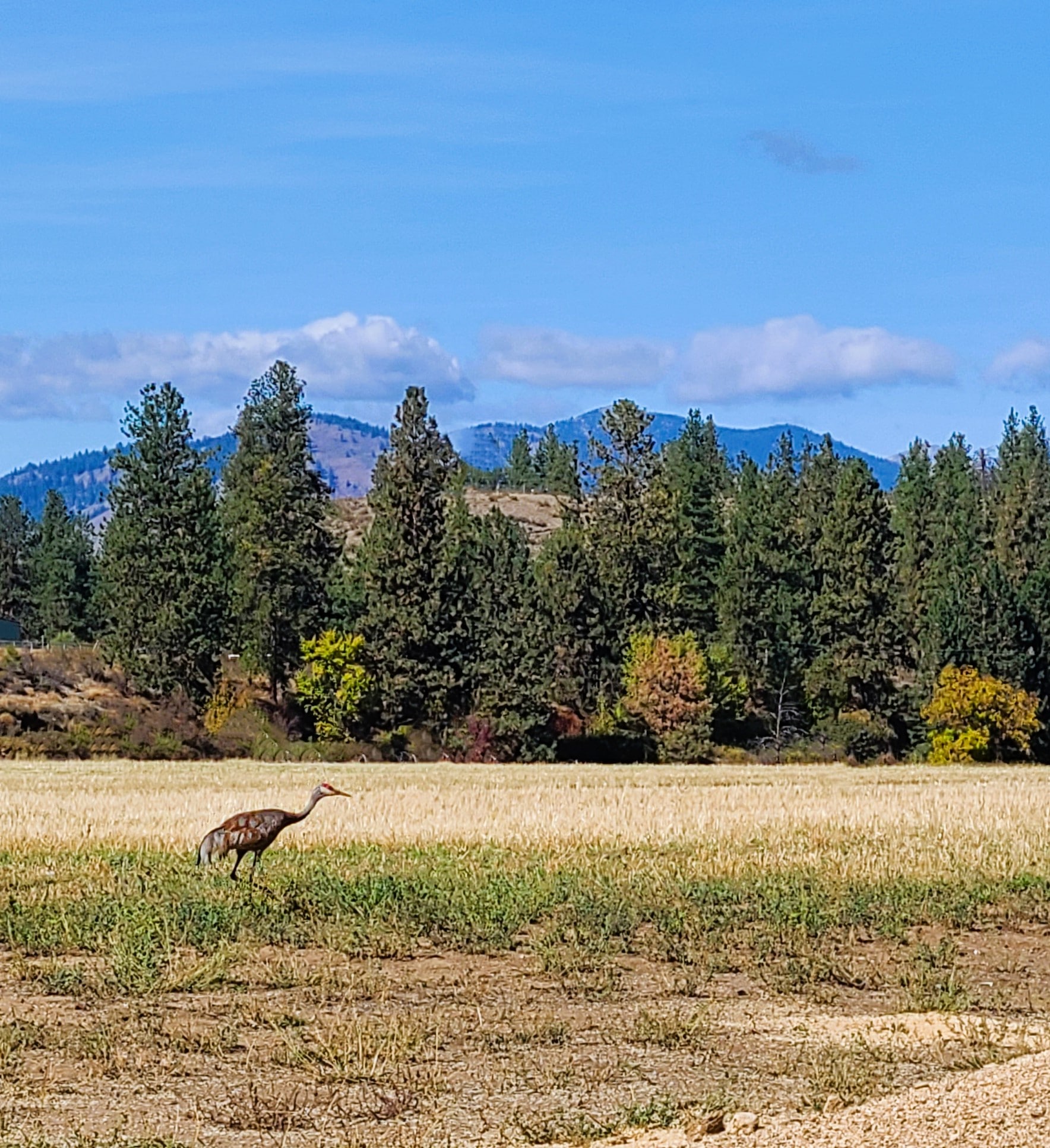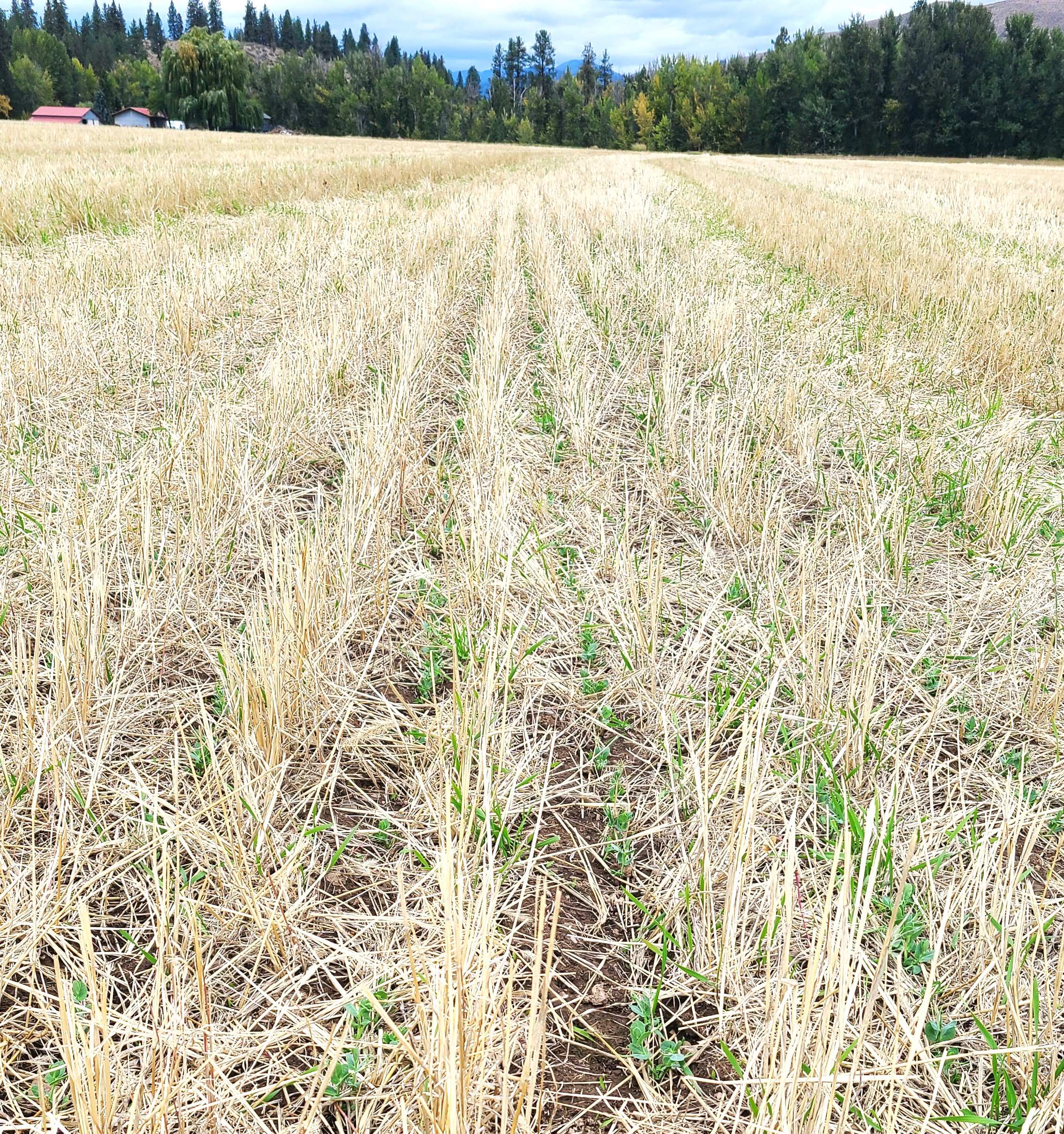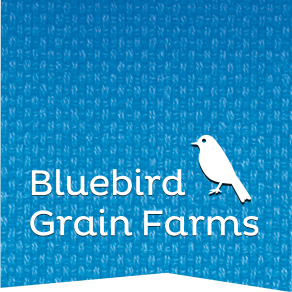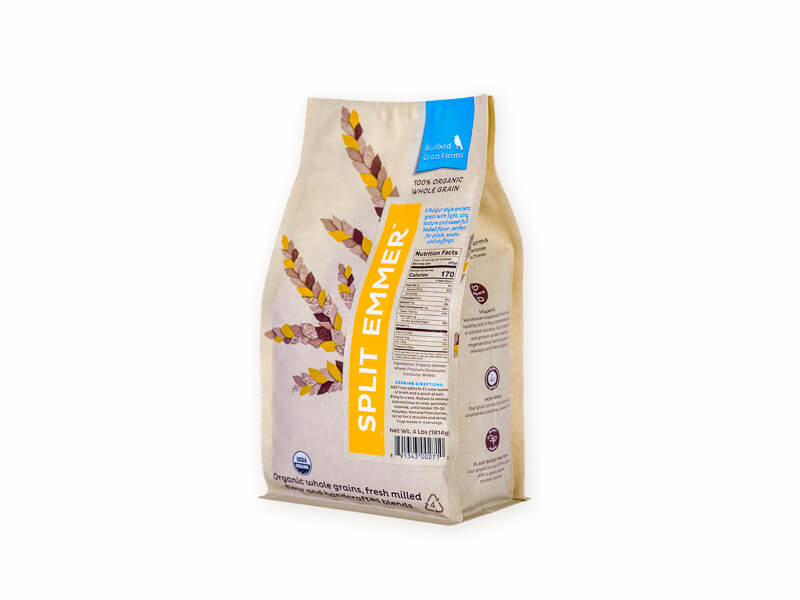
Goodbye sweet September… and that it has been. From the very beginning to nearly the end. Warm, dry late summer days filled the month up until the autumn equinox. Although these days were almost hot at times, the cool mornings and long quiet evenings were idyllic. On que, the equinox came and the weather moved in. Now as the month leaves us and we enter fall, lovely rains have descended on the valley here and soaked the tired soils, while leaving the first snows in the North Cascades. Love it. Love this season!!
Robins flood the back lawn and orchard at dawn. Easy pickings for worms these days. A gathering of bluebirds crowded the fencepost the other evening and I’m guessing their time here is running thin and soon they, too, will be gone until next spring. The swallows have left, but poorwills still sing before dawn as deer shuffle across the hillsides. A large variety of hawks are migrating this time of year – soaring in the mid-level thermals. Also on either side of the equinox the sandhill cranes were passing high, high overhead on their southbound journey with their unmistakable chatter, except this one which ended up in our field. Same time every year; nature never slows down!
I completed the einkorn harvest here at the Farm on the first day of the month. The crop turned out full, nice and clean this year. Next I chopped all the left behind straw up so we could more easily plant winter peas, which I was able to complete mid-month with our no-till drill. I stuck the peas quite deep with the theory being the deeper I got them the better the plant nodules will survive winter. I fretted for a time whether or not I might have gotten them too deep? Alas, when the moisture came and settled in, a few peas began poking up – much to the delight of the local Canada geese! My hope is to get the peas up to a full 3-4” before winter. They’ve about a month of growing weather so…I’ll let you know how the peas do in my next notes.
Activity here at the mill has been mild but steady. Downturn in the economy affects most everyone and though we perhaps haven’t been as busy as we’d like, with the change to cooler weather I have trust in our customers that we will be fine as we enter what traditionally has been our busiest time of year at the granary. Our grain supply of all varieties is good. We are grateful to our partners for this! Harvest weather couldn’t have been better and it was a good crop year overall and we have Mother Nature to thank for that most of all.
Anyone who has read my Farmer Notes for long has read the same thing from me this time of year: I LOVE FALL. Love the slow wind down of summer. Love the slow build up to winter. Last fall here in the inland Northwest warm fall ran on and on into November when – that fast – winter rolled in to stay during the very first week. Yikes! I’m hoping for a more gradual transition this year. That said, already we’re getting good rains and this sets the stage for next spring, as it mellows the soils, and will allow what snow we get to hopefully percolate in instead of run off.
Wait, talk of next spring already… Not so fast! But one farm season really does lead to another if we are lucky. And planning for the next often begins a season or two before. This is why I mention the moisture. This is why we plant winter peas as a nitrogen building fall cover crop. This is one of the cornerstones of organic and now, regenerative agriculture. A few months ago in my notes I discussed certifications and just what is in a name…?
As the catch-phrases get tossed around, please keep in mind that only organic production carries universal certification. Still. There are a couple of ‘regenerative agriculture” private certifications, but none that are USDA implemented. That might be a good thing! However, I do believe that true organic agriculture should be regenerative by design, and vice versa. As the term “Regenerative Ag” becomes more commonplace, it might be informative to know that many non-organic companies are jumping on this catch-phrase in effort to leverage their brands. These companies are neither “certified regenerative” and certainly are not certified organic. You consumers who want to know more about the story of your food might want to study labels closely. Labels such as “All Natural” or “Pasture Raised” or “Eco-friendly” or… or… in most cases are baseless. If you can’t physically see how something is being grown, then the next best thing is to rely on certifications to help you decide whether or not it is something you care to eat.
What these other meaningless labels do is actually de-base those of us who are dedicated – not to mention paying – to become and remain certified organic. And now, some who are dedicated to determining universal certification of regenerative. We will not see the passing of the current Farm Bill anytime soon for other reasons, but if/when it does pass, most of the money that has been set aside this round for support of “organic” and/or “regenerative” still is just lip-service when compared to the billions and billions dumped annually into supporting Big Ag. Truth to tell. Under an extension of the Farm Bill – the most likely scenario upcoming – cost share for organic certification would be one of the first things cut.
This September marks the 38th year of the Farm Aid concert. Co-founded by Wille Nelson, Neil Young and John Mellencamp, Farm Aid concerts have raised over $70 million for family farms. At this year’s concert all three co-founders played with an unannounced performance by Bob Dylan as well. Dylan was said to have been an inspiration to the other three and as a result, we have Farm Aid. Pretty amazing these “old geezers” – all of whom I love – have been singing about the importance of smaller farms, along with a host of other artists, longer than some of you readers have been alive! Hmmm… what does that make me??
One thing you can count on is that here at our family owned and operated Bluebird Grain Farms we will continue to be 100% certified organic. All of us practice true organic agriculture and have the certifications to show it. At the same time, we are practicing true regenerative agriculture. So, with all that said… give peas a chance!!
Yours, Farmer Sam


